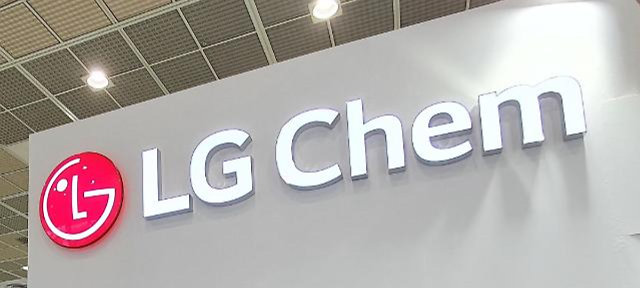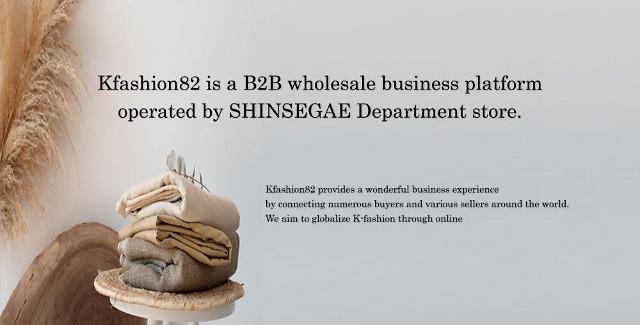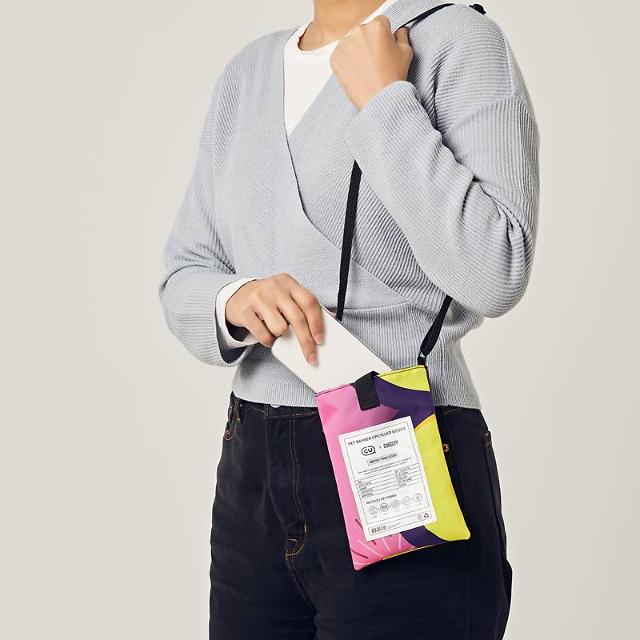
[Gettyimages Bank]
The idea was presented Wednesday at a government policy meeting on how to recharge South Korea's stagnant textile and fashion industry. Speed Factore, a new word made by synthesizing factory and store, refers to the rapid production of customized products from a smart factory according to order specification transmitted by stores.
Although a similar pilot project is underway in an integrated clothing market favored by foreign tourists near central Seoul, it is not based on 5G but a system that produces clothes within 24 hours by working with neighboring sewing factories if consumers pick from among sample clothes.
Speed Factore is based on an entire value chain covering raw material production, sewing, dyeing and distribution, according to the Ministry of Trade, Industry and Energy. Some 343 billion won ($297 million) was set aside this year for the spread of smart factories and 80 billion won into developing high-end industrial fibers.
The textile and fashion business was the main driver of South Korea's economic growth, achieving $10 billion in exports in 1987, but it is now regarded as a sunset industry. However, the industry still employs about 300,000 workers at more than 48,000 companies, accounting for 7.2 percent of the total workforce in South Korea's overall manufacturing industry.
South Korea has a balanced production base that covers all of the value chain from yarn to fashion clothes, while some high-value industrial fibers such as tire cords and spandex, a lightweight, synthetic fiber used to make stretchable clothing such as sportswear, have global competitiveness.
The government would spend 52.4 billion won by 2023 on developing safety and protection textile products for firefighters and police while carrying out projects to use carbon fiber for city buses powered by compressed natural gas (CNG) and develop carbon fiber for fuel-cell vehicles.




